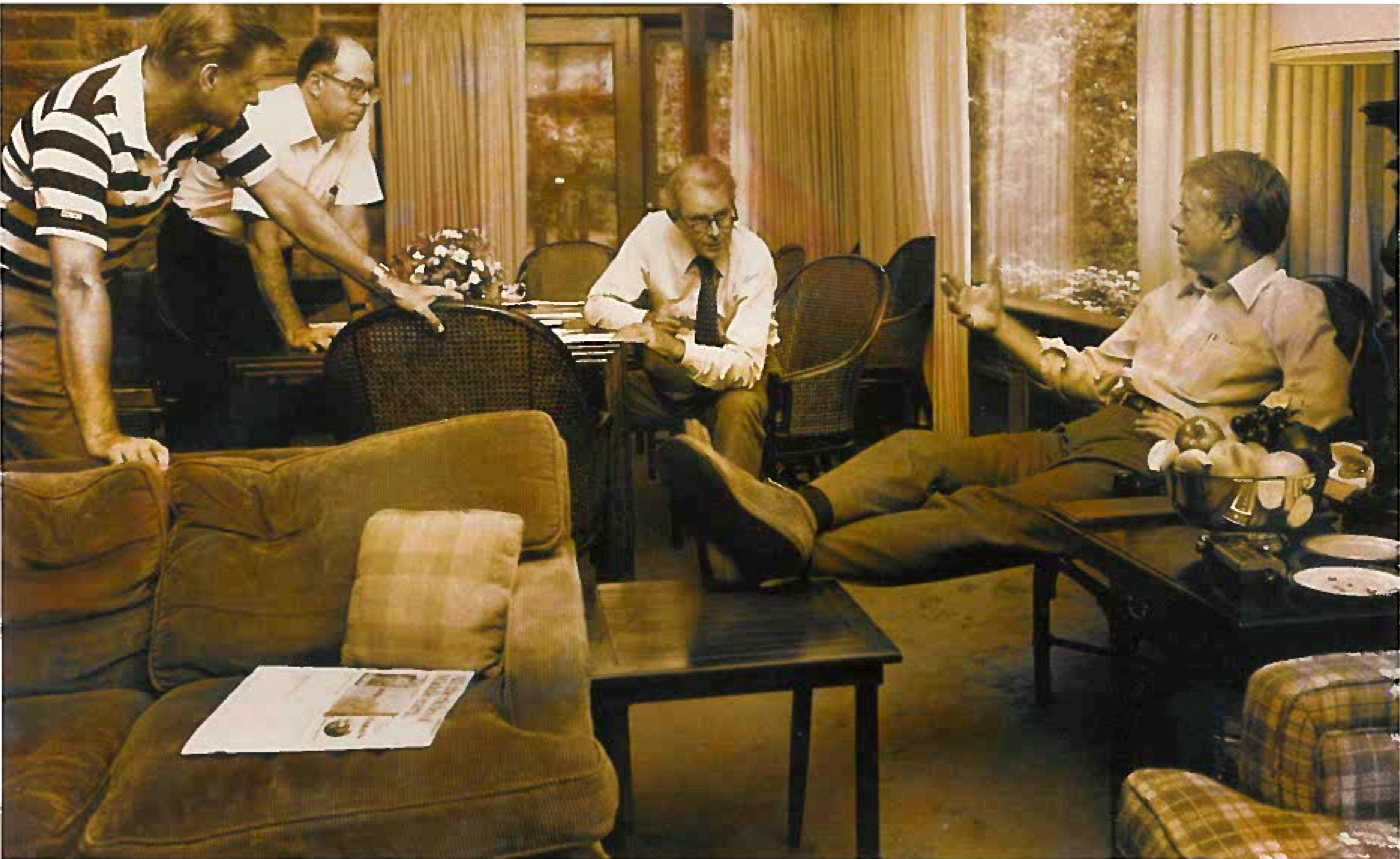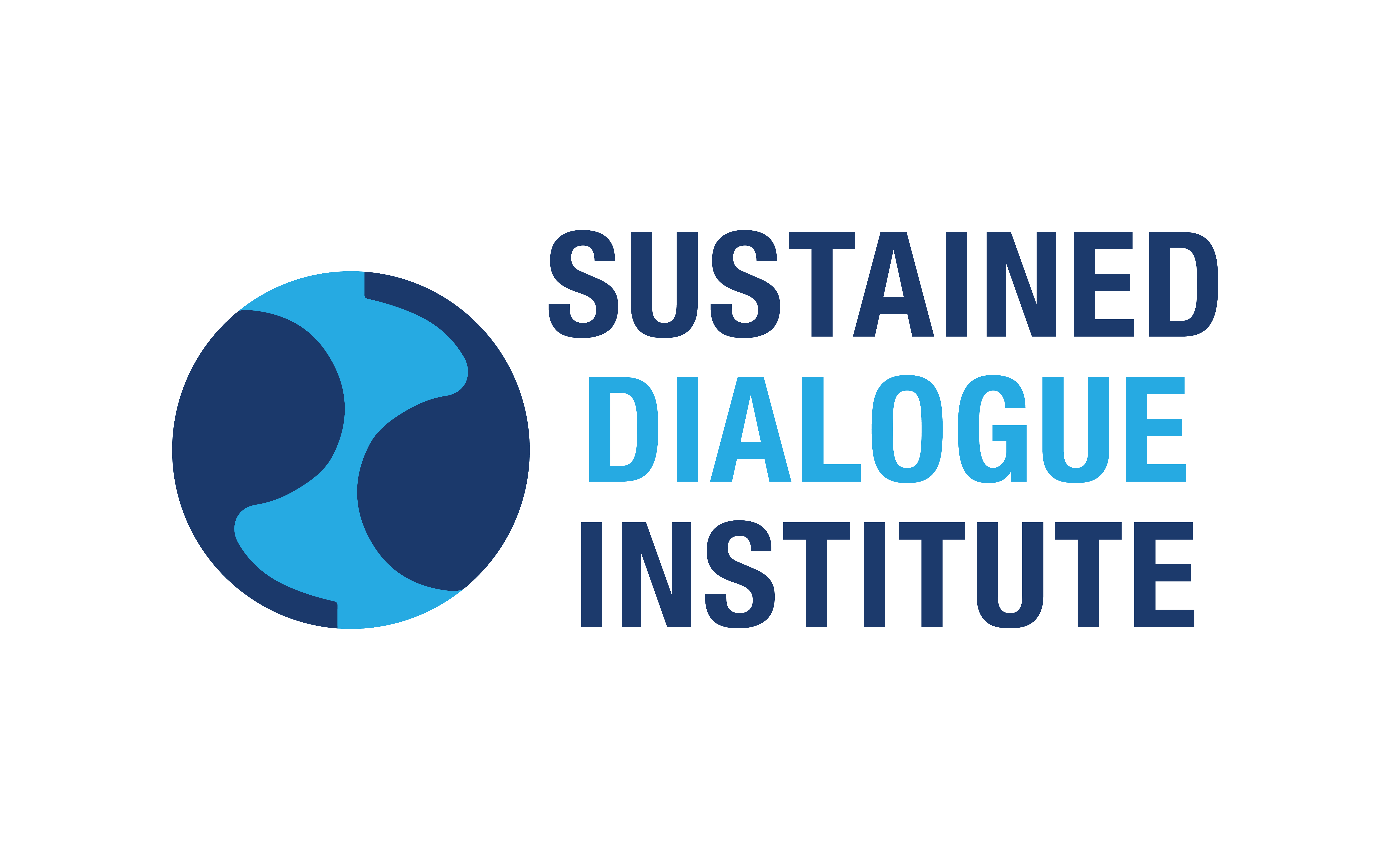
Sustained Dialogue (SD) is a process codified by Dr. Harold “Hal” Saunders, an American diplomat who was instrumental in a number of peace processes in the Middle East in the 1970s onwards, including the famous Camp David treaties between Israel and its neighbors. During his involvement in negotiations, he observed that participants’ relationships seemed to evolve through a recognizable pattern. In the early 1990s, Hal distilled over thirty years of experience and observations into two key concepts that serve as the foundations of SD.
SD has been used in the former Soviet Union, Tajikistan, in the longest continuous meetings between Russian and U.S. citizens, and in other communities around the world. Sustained Dialogue is also a member of the Bridge Alliance, a coalition comprised of over 80 organizations working towards strengthening democratic practice in America. In 1999, a set of students at Princeton began using the process to solve deep-seated issues around race relations. The Sustained Dialogue Campus Network has grown over 15 years to campuses around the world.
Dr. Hal Saunders served as the President of the Sustained Dialogue Institute from its founding in 2002 until June 2013. He remained Board Chair until his passing in 2016.
Hal spent his early career working in government. After serving as a member of the National Security Council Staff under Presidents Kennedy, Johnson, and Nixon, Hal moved to the State Department in 1974 and served as Assistant Secretary for the Near East and South Asia. He was intensively involved in the Arab-Israeli peace process, 1974-1981. He was a key member in the small U.S. team that mediated five Arab-Israeli agreements in six years, including the Kissinger shuttle agreements, the Camp David accords and the Egyptian-Israeli Peace Treaty. After leaving government in 1981, he participated in a wide range of non-official dialogues among Soviet and American citizens; Israelis and Palestinians; Indians, Pakistanis, and Kashmiris; Americans and Chinese. From those experiences, he conceptualized the five-stage process of Sustained Dialogue.
He is the author a number of books, including The Other Walls: The Arab-Israeli Peace Process in a Global Perspective (1985); A Public Peace Process: Sustained Dialogue to Transform Racial and Ethnic Conflicts (1999); Politics Is about Relationship: A Blueprint for the Citizens’ Century (2005); and Sustained Dialogue in Conflicts: Transformation and Change (2011).
In 1999, Hal began collaborating with students at his alma mater, Princeton University, to implement Sustained Dialogue to attend to identity tensions on campus. He collaborated with SD graduates as they founded the Sustained Dialogue Campus Network in 2003 as a project of the Sustained Dialogue Institute.
